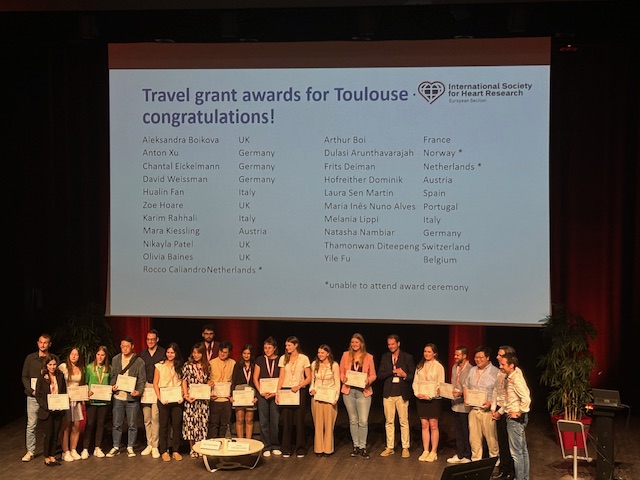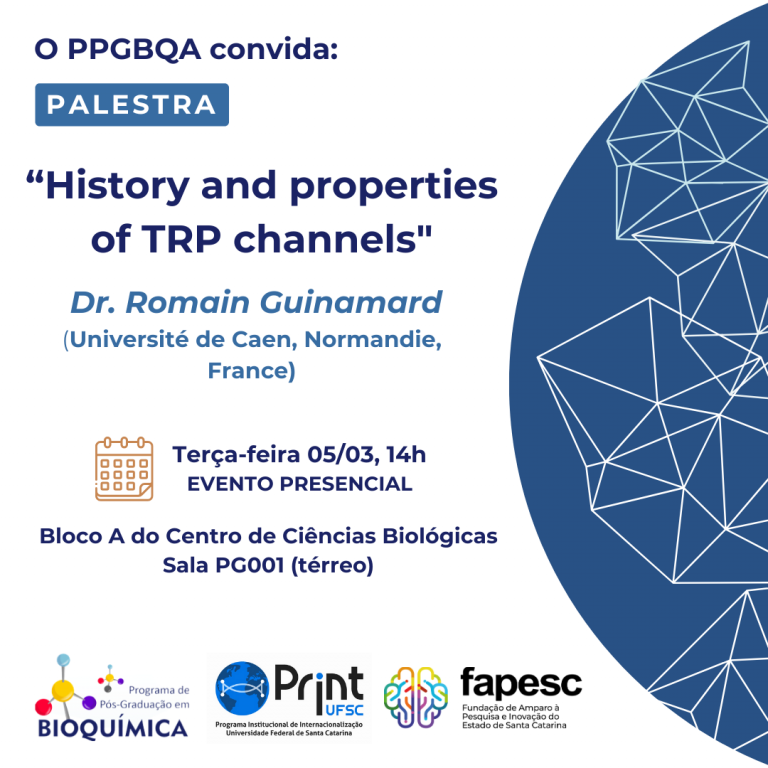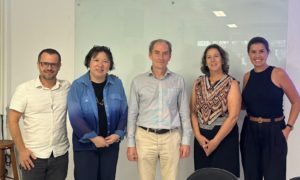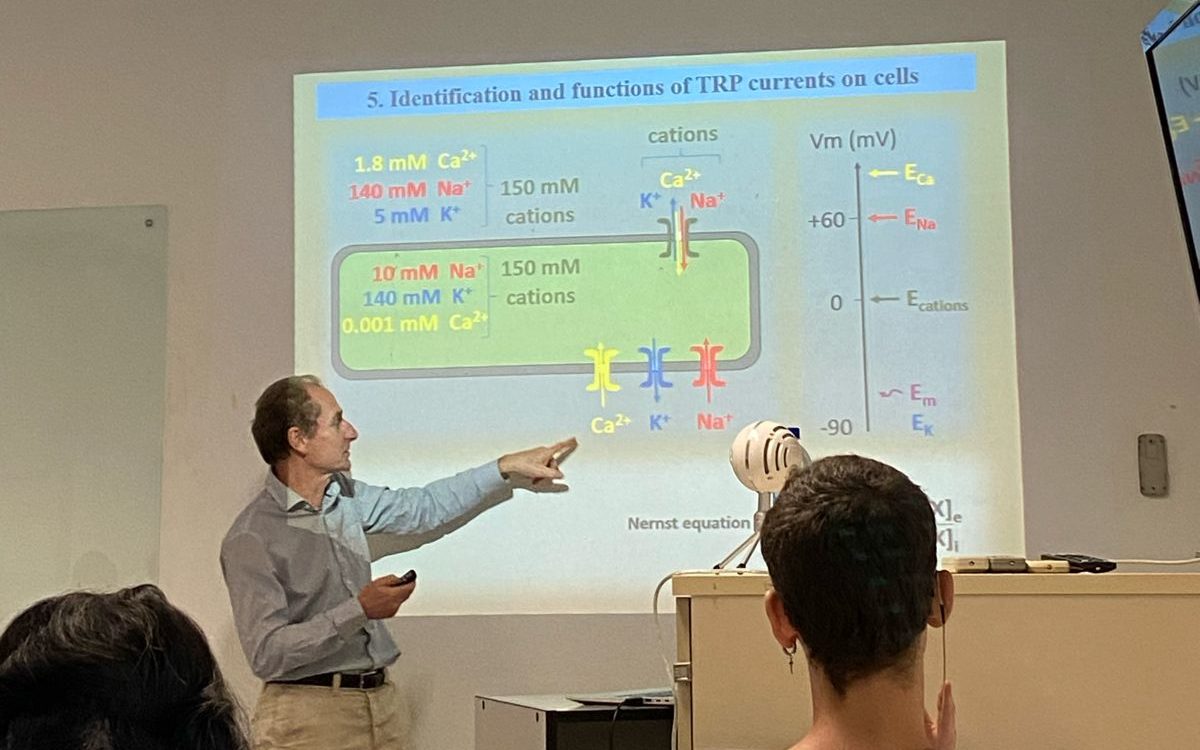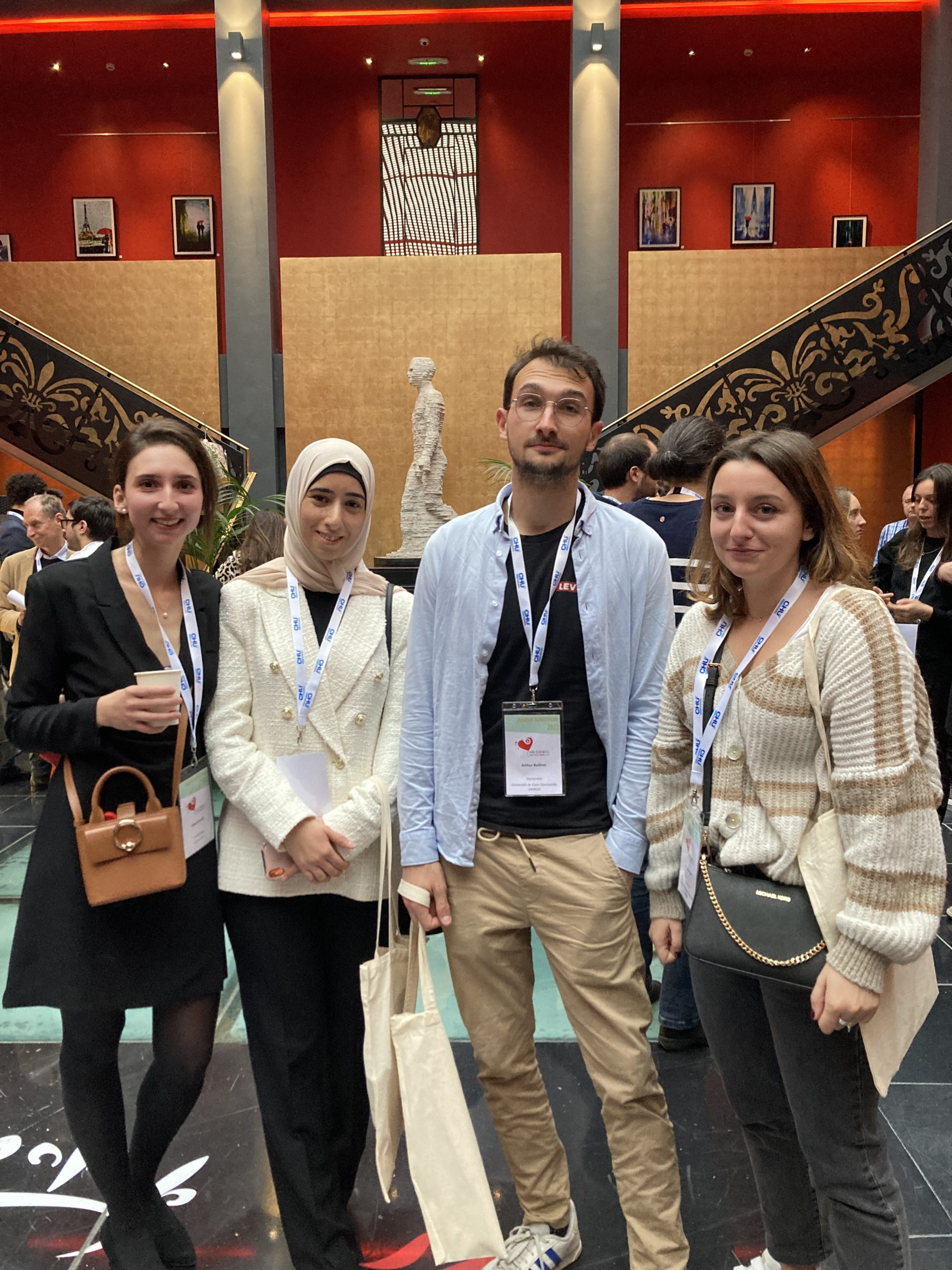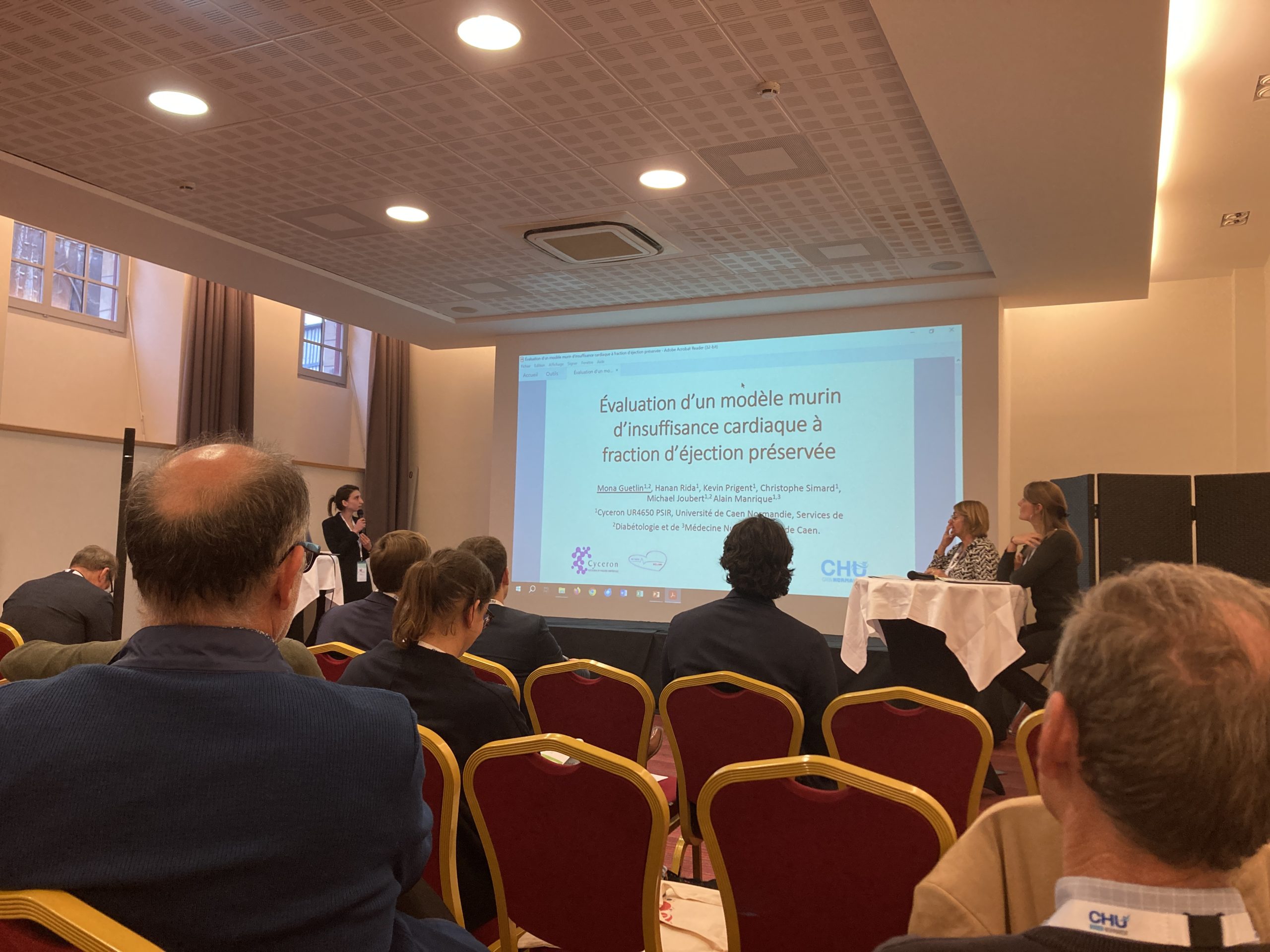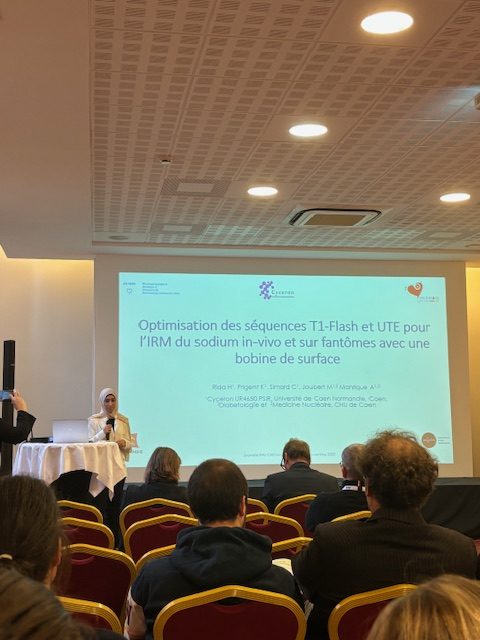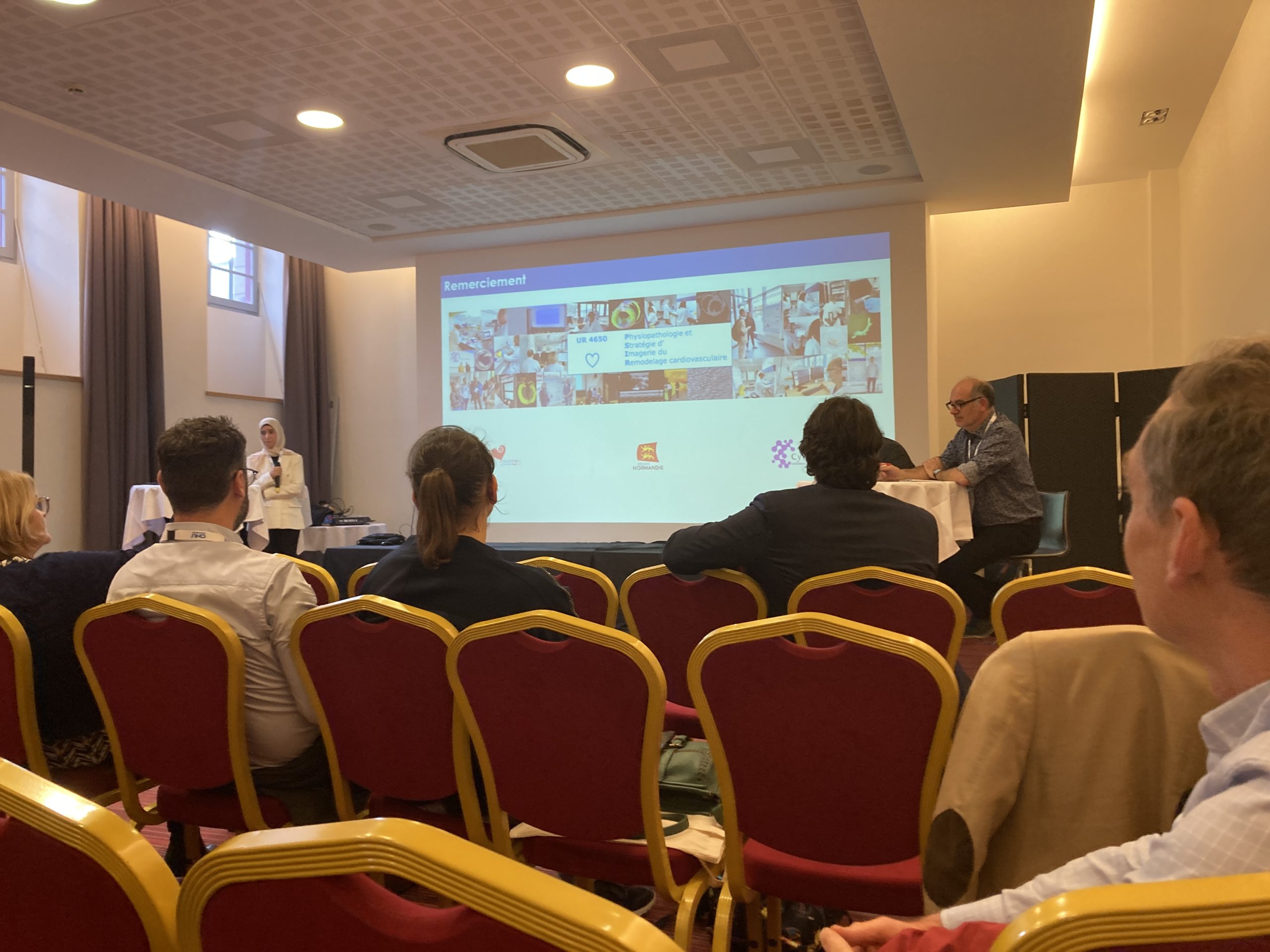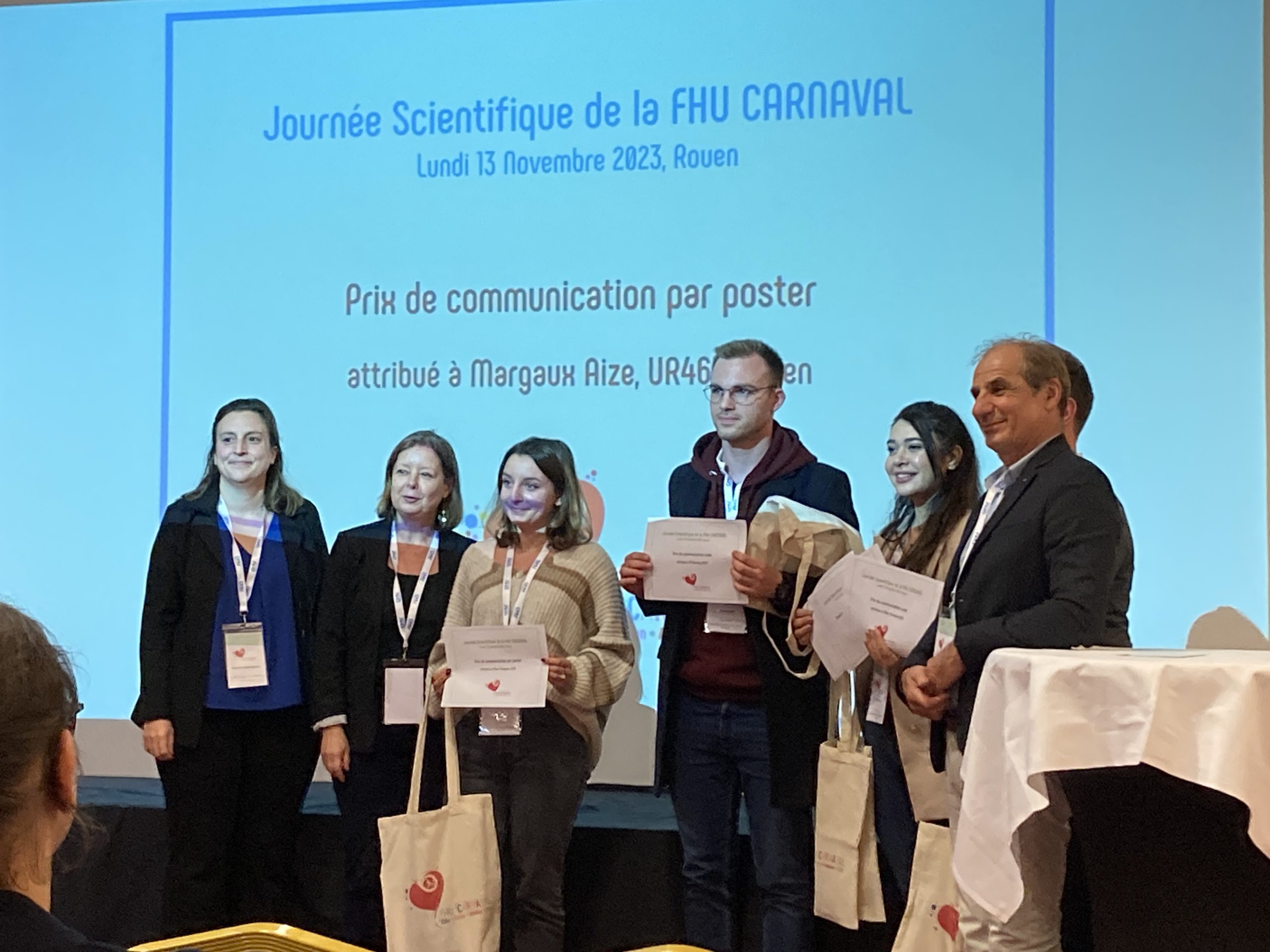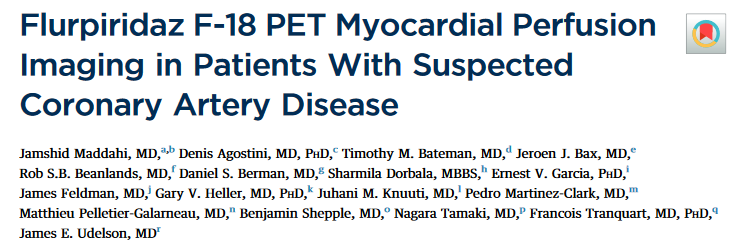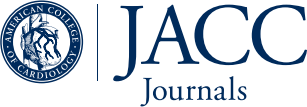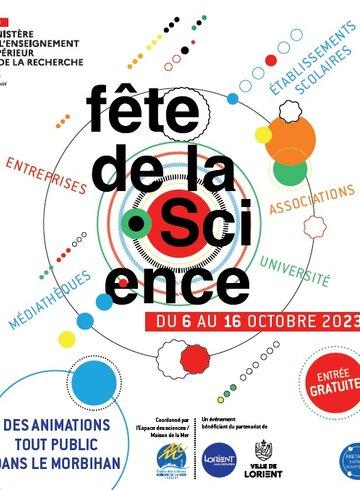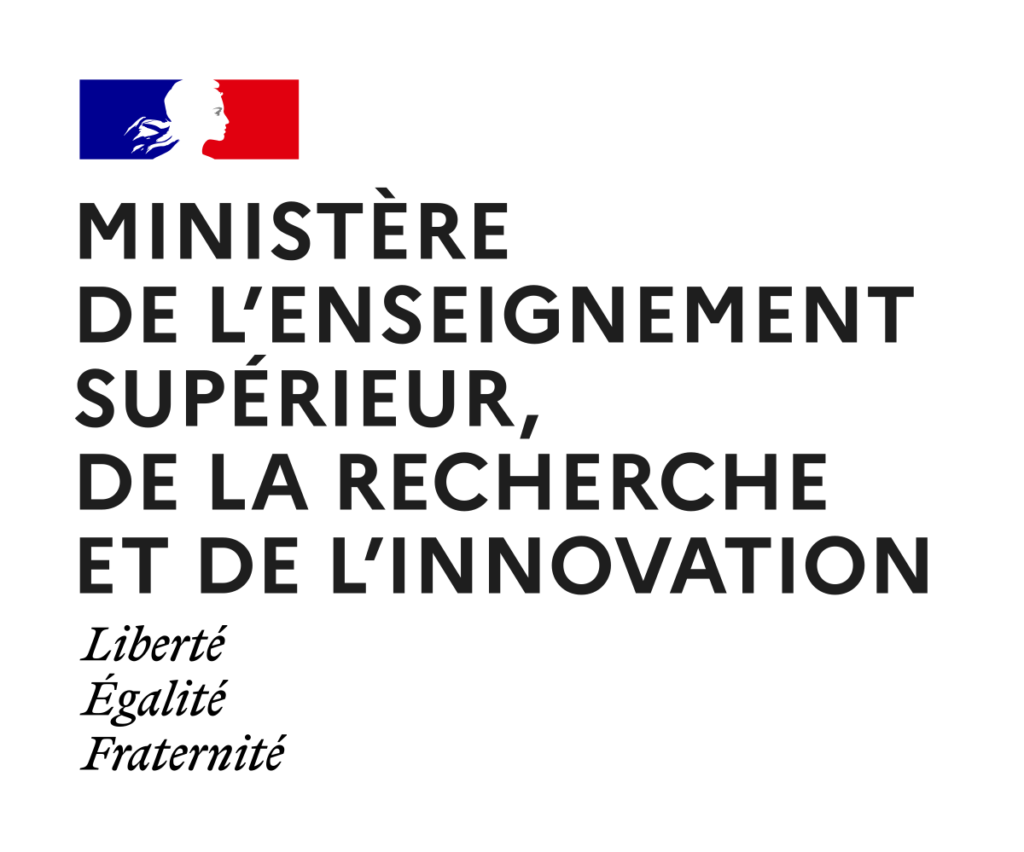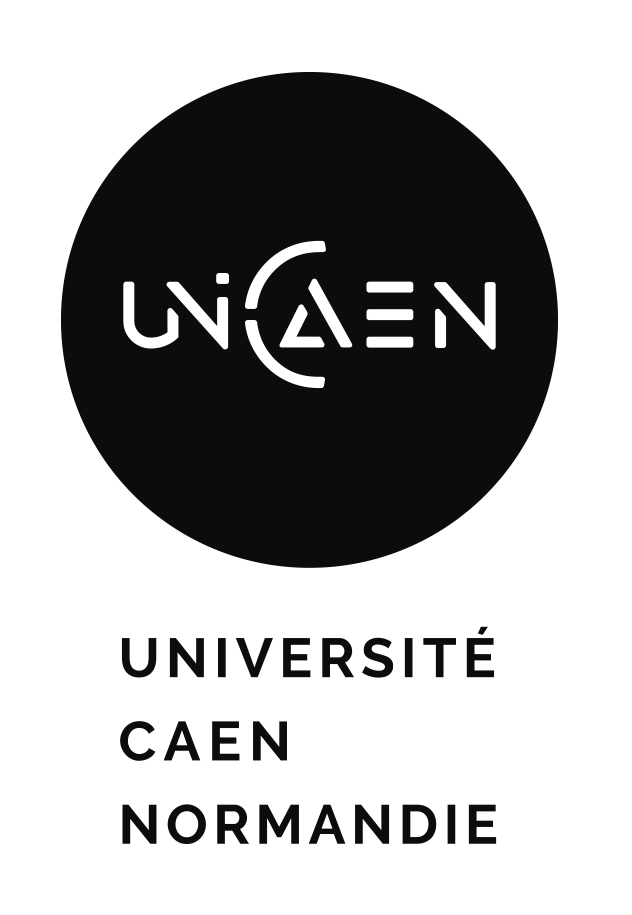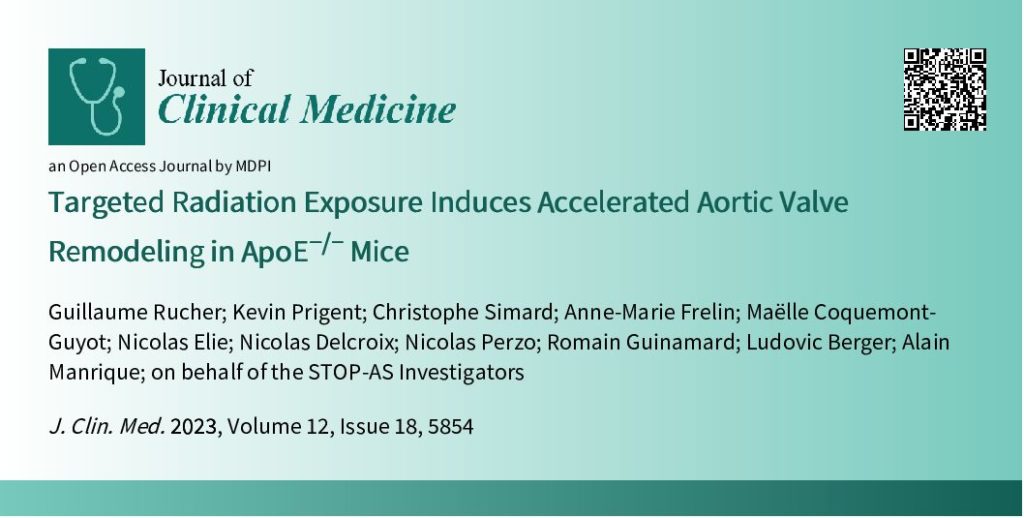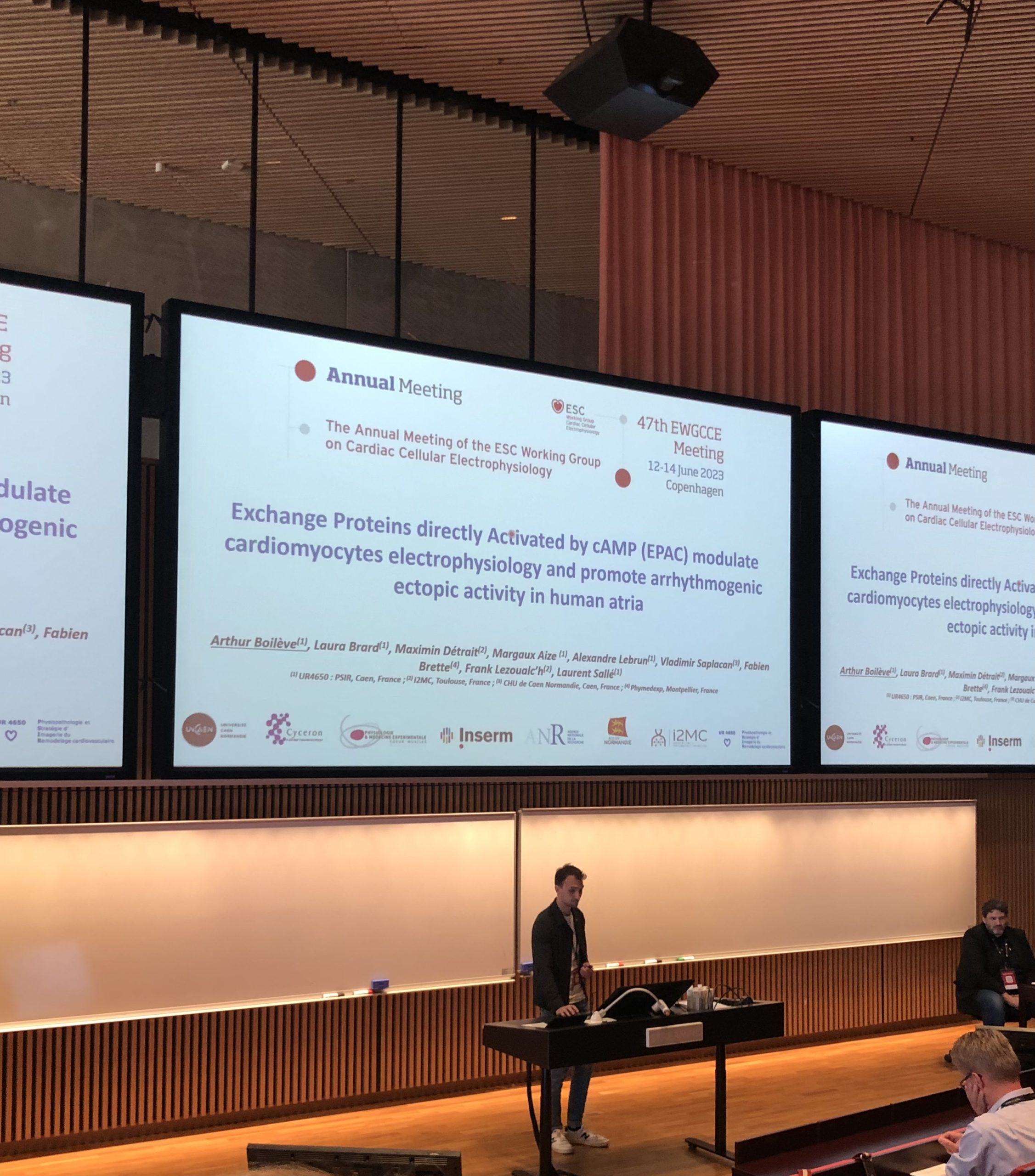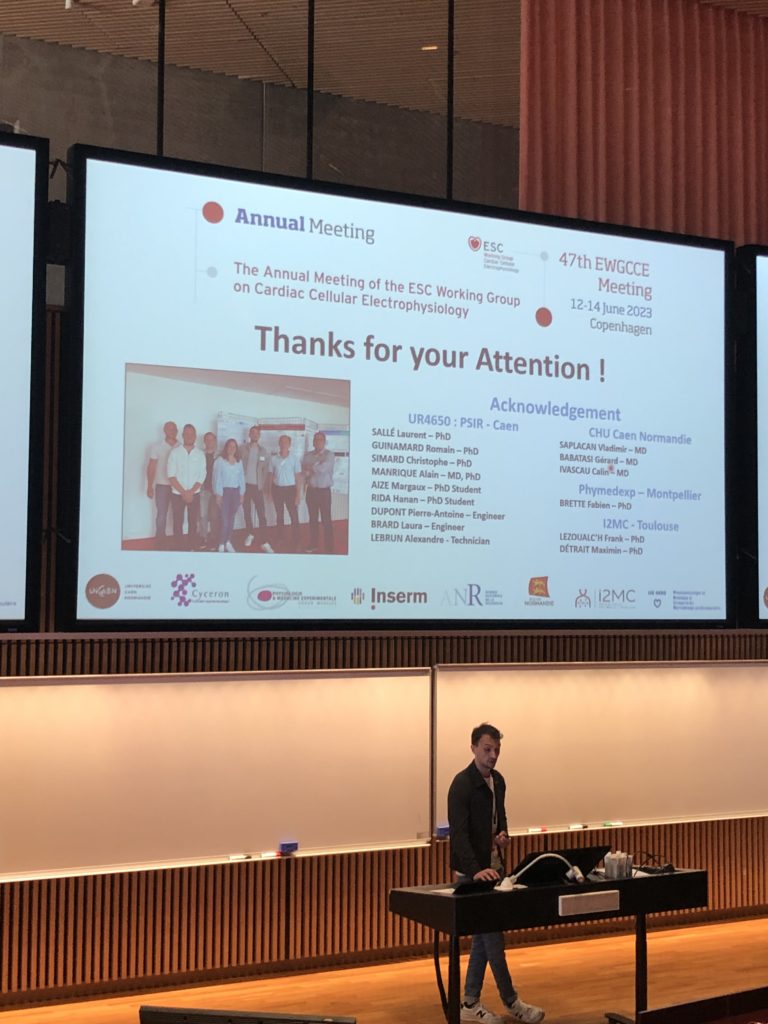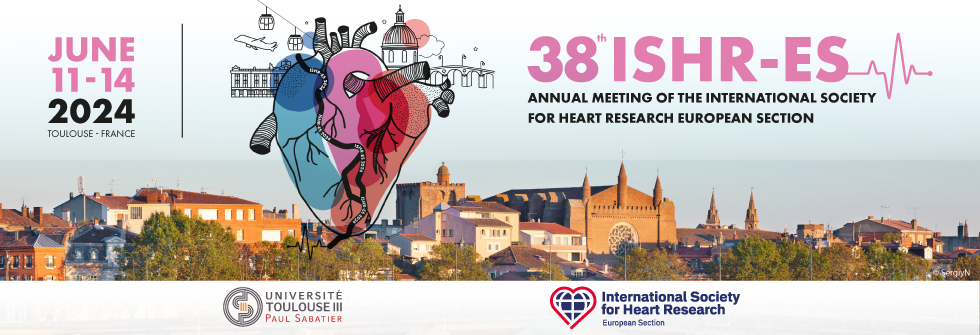
» The 38th Meeting of the European Section of the ISHR will be held from June 11 to 14, 2024 in Toulouse, a beautiful city located in the South West of France, close to the Pyrénées mountains and between the Atlantic Ocean and the Mediterranean Sea ».
Thank to our doctoral students Margaux AIZE and Arthur BOILEVE for presenting their work, respectively on TRPM4 (Transient Receptor Potential Melastatin 4) and EPAC (Exchange Proteins directly Activated by cAMP).
Congratulations to Arthur for winning the Travel Grant for his research.


